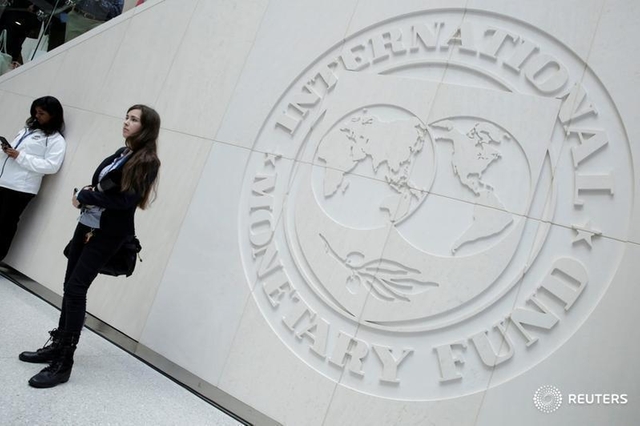
ZAWYA

The outlook for Sub-Saharan Africa’s economies remains “highly uncertain”, the International Monetary Fund (IMF) has said, claiming that the “countries in the region are living on the edge”.
In its latest “Regional Economic Outlook for Sub-Saharan Africa”, the Washington-based fund projected that the region is likely to grow by 3.6% in 2022, down from 4.7% in 2021, given muted investment and overall worsening of its balance of trade.
Oil exporters, in particular, stand to gain from higher oil prices and will grow by 3.3% this year, up from 3% last year. On the other hand, other-resource intensive economies will only grow by 3.1% in 2022, down from 5.1% last year.
Nevertheless, non-resource-intensive countries, having a more diverse economic structure, will continue to be among the region’s most dynamic economies, but are projected to grow by 4.6% this year, down from 6.4% last year.
The IMF expects the region’s economic activity to stay relatively modest in 2023, averaging only 3.7%.
“Late last year, sub-Saharan Africa appeared to be on a strong recovery path out of a long pandemic. Unfortunately, this progress has been abruptly interrupted by turmoil in global markets, placing further pressures on policymakers in the region,” said IMF’s African Department Director Abebe Aemro Selassie.
He stated that rising food and energy prices are striking the region’s most vulnerable, noting public debt has reached almost 60% of GDP, leaving the region with debt levels last seen in the early 2000s.
Almost 19 of the region’s 35 low-income countries are now in debt distress, or at high risk of distress, as inflation rates are in double digits for 40% of the region’s economies, Selassie said.
Calling it the most challenging policy environment in years for authorities, the official said that policymakers in sub-Saharan Africa would need to deal immediately with economic and humanitarian crises as they emerge.
They will have to try and build buffers and reduce vulnerability to future shocks by introducing policies for a sustainable recovery, Selassie said.
The official said that the Sub-Saharan Africa region needs increased support, including more concessional finance, which is necessary to pursue a low-carbon and climate-resilient growth path.
The IMF is helping catalyze new capital inflows by boosting local capacity on climate strategy issues and has launched a new food shock window that will allow qualifying members to mitigate the impact of the current emergency.
The fund has provided close to $50 billion in financial support to sub-Saharan Africa since the beginning of the pandemic.
“With help, Sub-Saharan Africa will be poised to fulfill the promise of the African century, contributing to a more prosperous, greener future for the region and the world,” Selassie said.